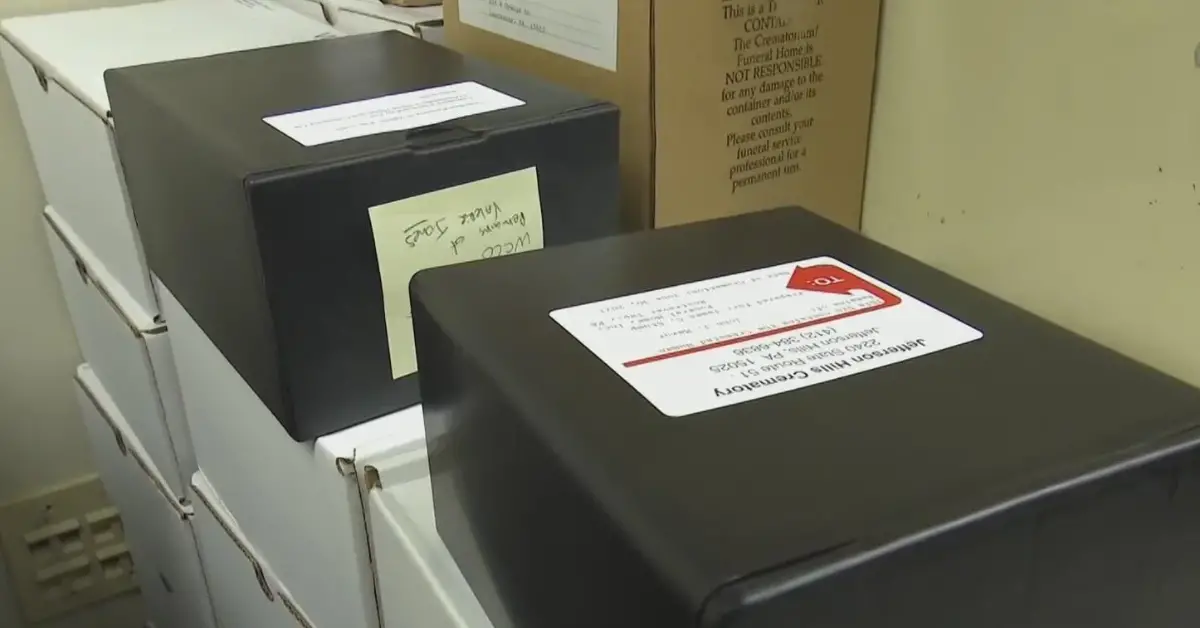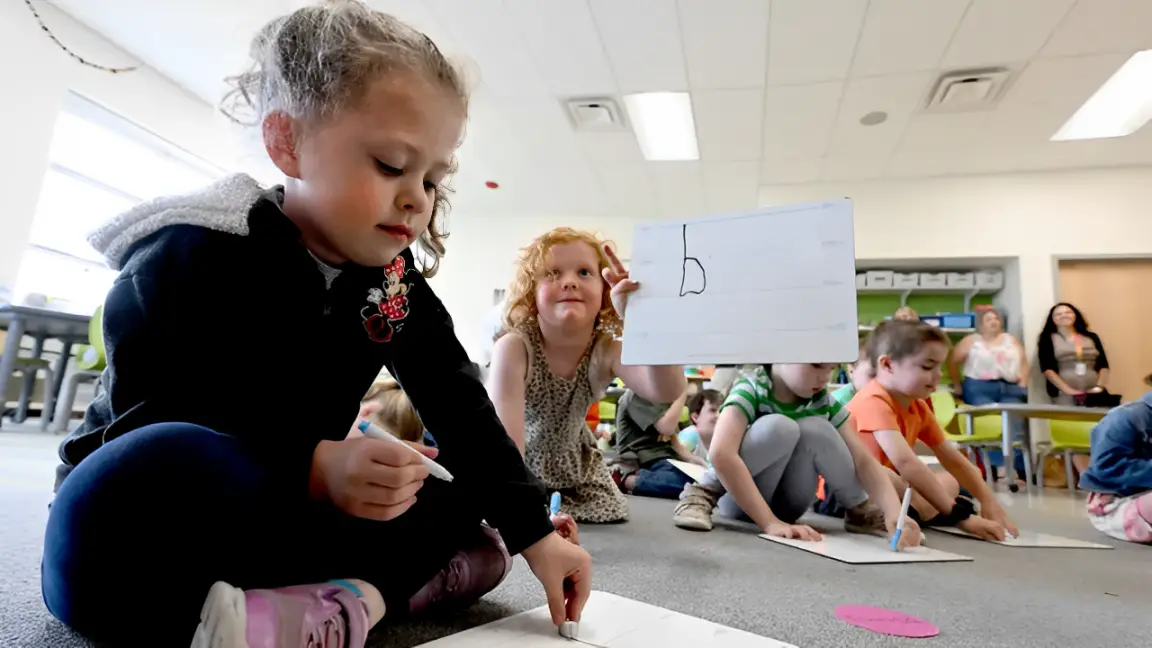Pennsylvania’s coroner offices have reported a concerning increase in the number of unclaimed remains. This trend is raising alarms across the state, as the number of individuals who pass away without family members or loved ones to claim their bodies is growing. While this may seem like a distant problem for many, the impact on local communities, public health, and even the financial resources of local governments is significant.
The rise in unclaimed remains can be attributed to a variety of factors. The most prominent one is the increasing number of people who pass away without close family connections. This trend is partly due to changes in modern society, including family dynamics, migration, and social isolation. Many individuals, particularly the elderly or those without significant financial resources, may find themselves without anyone to rely on during their final moments. Without close family, there is no one to take responsibility for the deceased’s remains.
Another contributing factor is the growing number of people without permanent residences. Homelessness, in particular, is becoming a severe issue in various cities across Pennsylvania. Many individuals experiencing homelessness are isolated and may not have any family members or friends who can claim their bodies when they pass. In some cases, these individuals may be found by authorities in public spaces or emergency rooms, and without any identification or family connections, their remains end up in the hands of local coroners.
Additionally, the aging population of Pennsylvania is another key factor. The state has a high proportion of elderly residents, many of whom live alone, and as they age, the likelihood of passing without anyone to claim their bodies increases. With many elderly individuals lacking family nearby or having outlived their relatives, their remains may go unclaimed, leading to an increase in such cases.
The role of the coroner’s office in handling unclaimed remains is an essential one. When someone dies without anyone to claim them, the coroner’s office is responsible for taking care of the remains. This typically includes an investigation to confirm the cause of death, the possible identification of the deceased, and eventually, determining whether the body will be claimed or not. If the body is not claimed, the coroner will arrange for burial or cremation, often using county funds.
However, the rising number of unclaimed bodies is putting a strain on local resources. Funeral and burial costs, which can run into thousands of dollars, are being shouldered by local governments. These expenses, coupled with the already stretched budgets of many counties, are causing concern among local officials who worry that this trend could continue to grow in the future. In some cases, local governments are turning to other alternatives, such as donating unclaimed bodies to medical schools or charities for research purposes, but this does not eliminate the financial burden altogether.
In addition to the financial strain, the handling of unclaimed remains also raises important ethical and social questions. The absence of family and community involvement in the posthumous care of a person can create a sense of anonymity in death. It also highlights the lack of social safety nets for individuals who, for various reasons, have found themselves disconnected from the communities around them. These situations bring into sharp focus the societal issues of loneliness, poverty, and homelessness, prompting conversations about how these issues can be addressed to prevent such outcomes in the future.
Local authorities and nonprofits are becoming more aware of the social implications of unclaimed remains. Many are working to raise awareness about the importance of community involvement in the lives of isolated individuals, particularly the elderly and homeless. Some community groups have taken it upon themselves to create outreach programs aimed at ensuring that everyone has someone who can look after them during their final years, but these efforts have a long way to go.
There is also an ongoing effort to address the legal aspects of unclaimed bodies. Pennsylvania has a legal framework in place for handling such situations, including a requirement that coroners report unclaimed bodies to the state. This process ensures that all unclaimed remains are handled in a consistent and respectful manner. However, as the number of unclaimed bodies continues to rise, there are calls for more resources to be dedicated to managing this growing issue and for policies that address the root causes of isolation and homelessness in the state.
The rise of unclaimed remains is a growing concern that highlights not only the challenges faced by local governments but also the broader social issues that continue to affect Pennsylvania’s most vulnerable residents. As communities continue to grapple with this issue, it becomes increasingly clear that more needs to be done to ensure that all individuals, regardless of their social status or circumstances, have the dignity of a proper final resting place. Addressing these concerns will require collaboration between local governments, nonprofits, and the community at large to create a society where no one is left behind, even in death.




